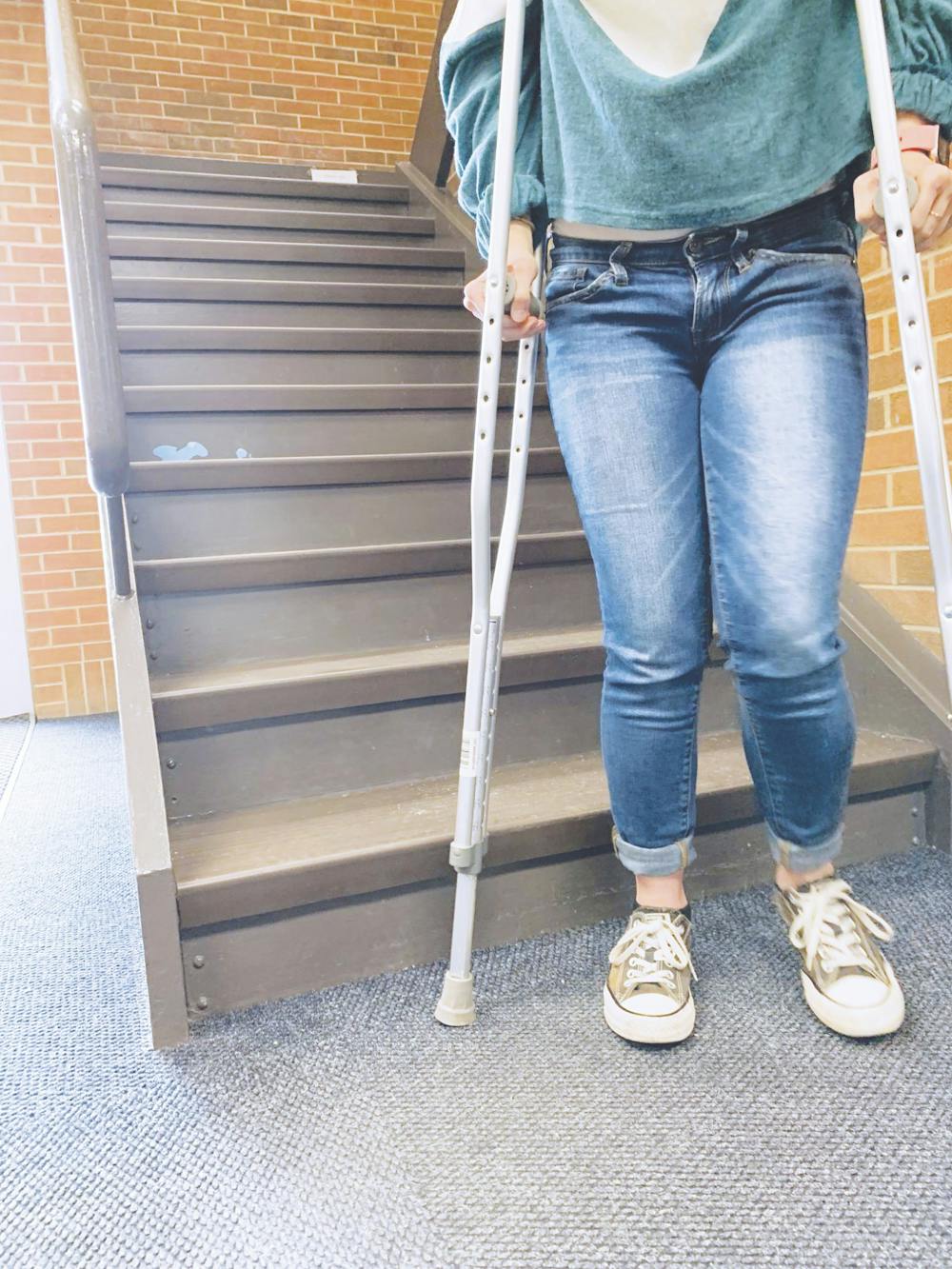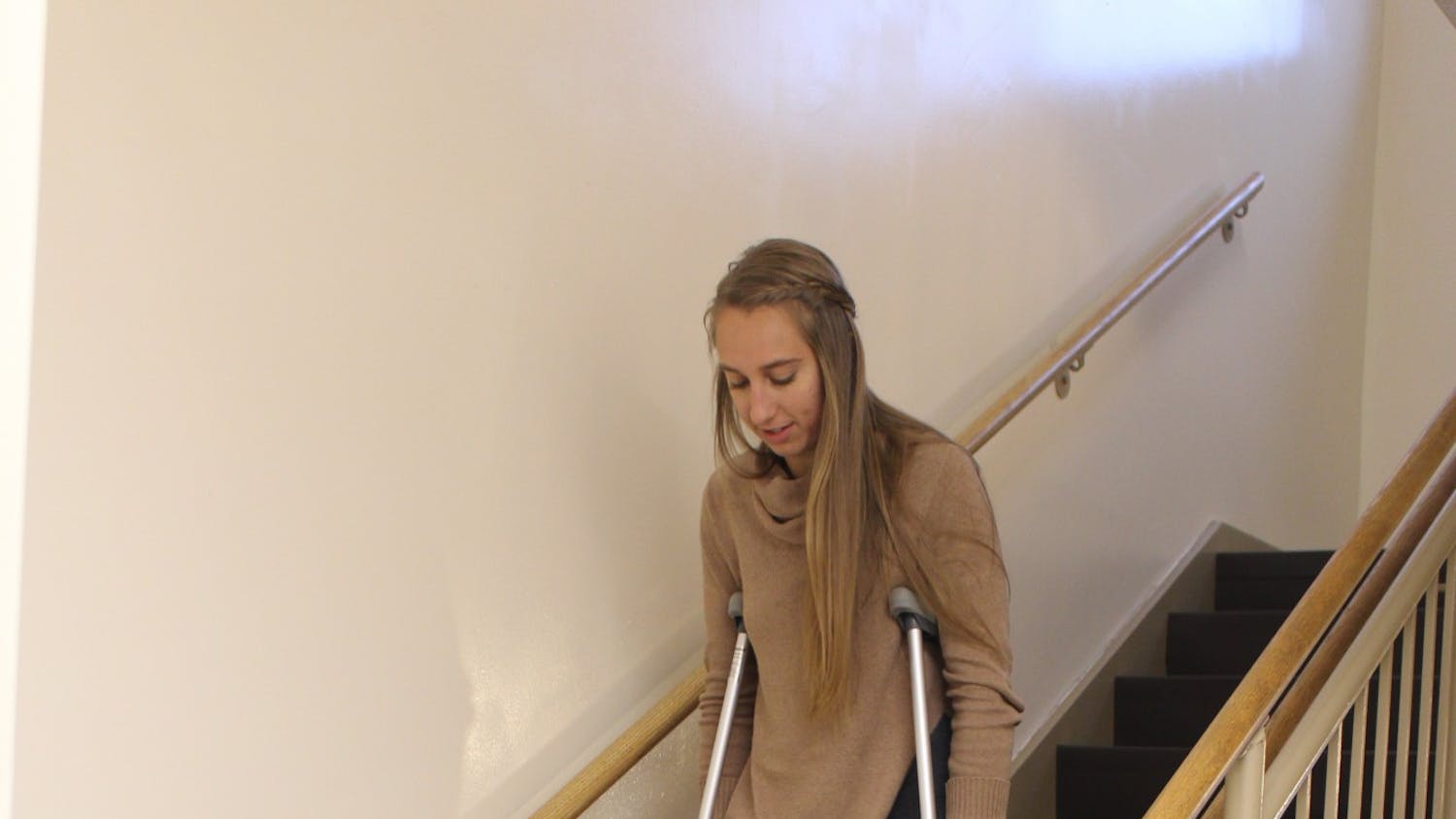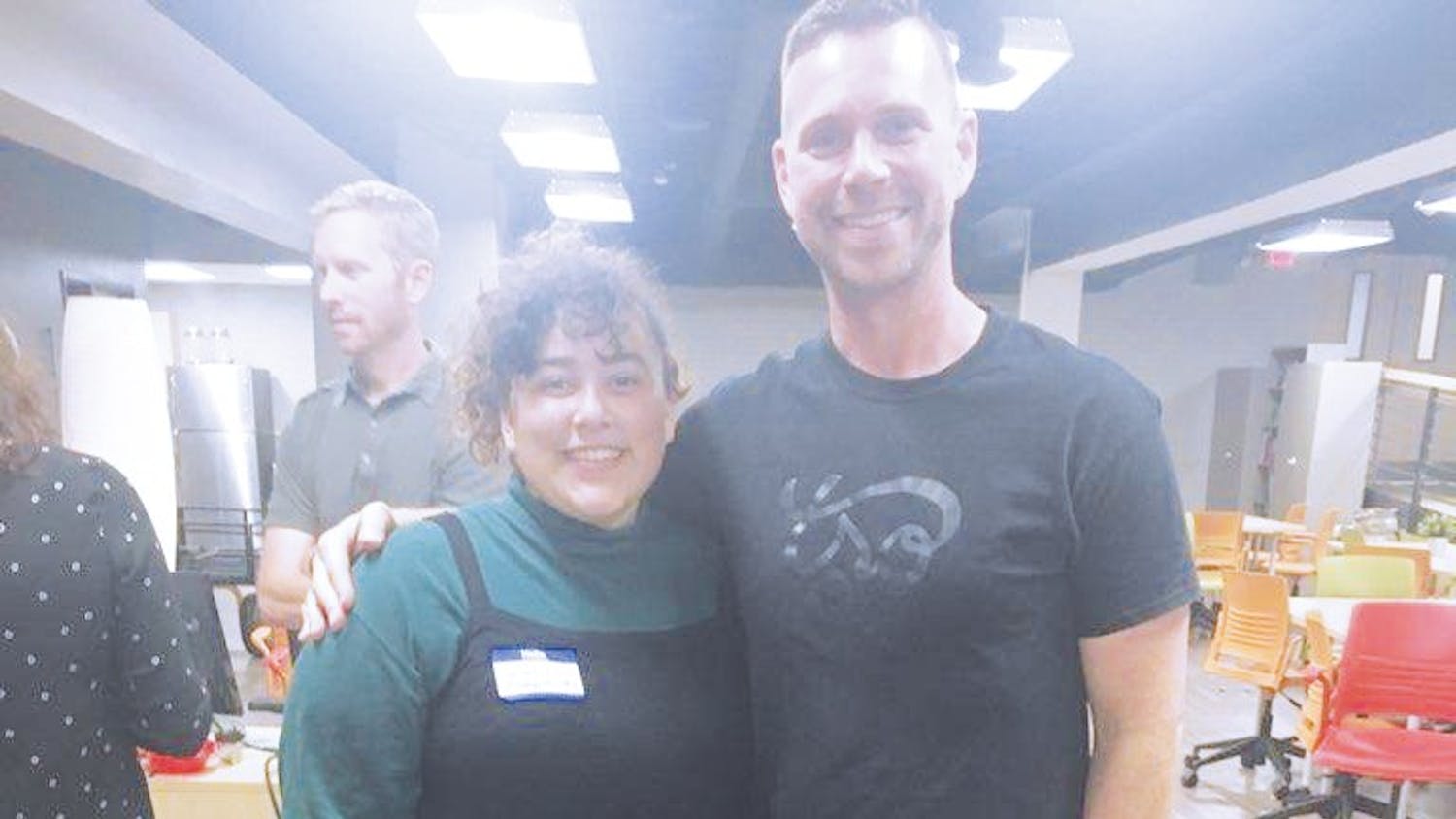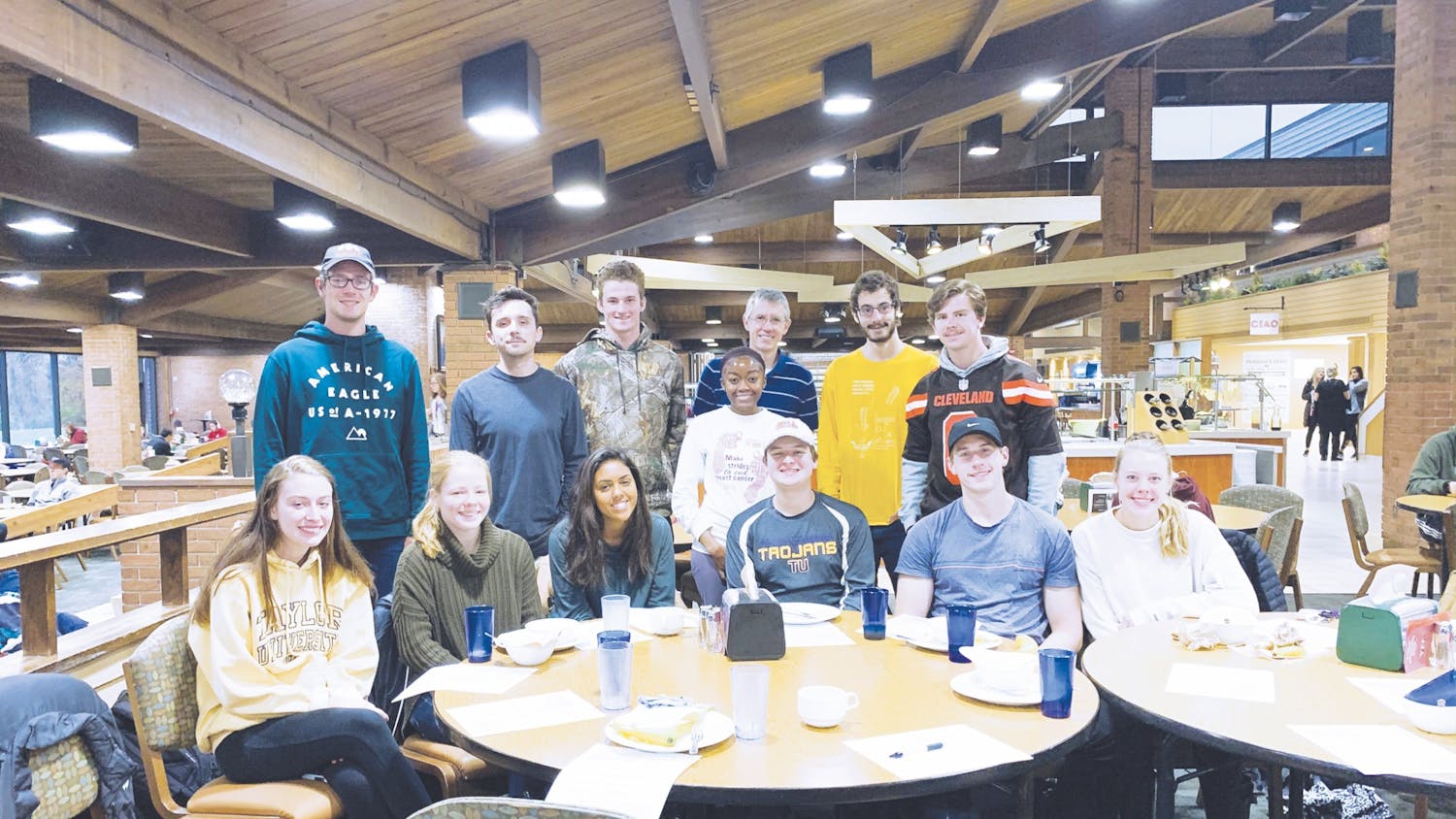Finding employment can be difficult, but the goal behind National Disability Employment Awareness Month is to help people with disabilities obtain the necessary skills to get a job.
In honor of the month, held every October, BestColleges.com released some guides to help students with disabilities thrive in a college setting and prepare them for life after graduation.
Some of the guides included tips about how to network, look for financial aid and apply for scholarships. The guides also offered tips to help colleges become more aware of ways they can help their students.
Ken Taylor, assistant director of the Academic Enrichment Center (AEC) and coordinator of academic support, is one of the people assisting Taylor students who need accommodations.
“My role is primarily that of meeting the students and then putting memos together and giving them to the student to be able to take to their professors concerning what accommodations they might have,” Taylor said.
Taylor also works with Lisa Wallace, program assistant of the AEC, helping provide note-taking services for their students by making sure other students are signed up for the job.
Note-taking is also one of the biggest areas where Taylor and Wallace see a need for their students who need accommodations.
“We’re dependent upon students to volunteer to be notetakers,” Taylor said. “So you get some who will take copious notes and send them to students via email and everything is all typed out. Then you have some others that sometimes the notetaking isn’t as copious as we would like to have.”
Their goal is to level the playing field, Taylor said. By doing so they are giving the students they work with equal access to education and preparing them for finding employment after Taylor.
All the freshmen students have check-ins with Taylor weekly, where he offers them encouragement by helping them learn how to navigate this next part of their life.
“(We want to) encourage the students to advocate for themselves,” Wallace said. “Giving them ideas for other ways that they could access the information in class if they don’t have a notetaker immediately . . . or how to go about ways of providing for their own needs without relying on somebody else.”
Another way they do this is by helping students with disabilities find internships, and one program they often look at is under Eskenazi Health.
Eskenazi Health has a program in the Gregory S. Fehribach Center to provide internships for college students with disabilities in Indiana to give them experience in their field of study and prepare them for full-time employment.
The program offers paid internships for eight weeks in the fall, spring and summer with many different areas to study, including information technology and public affairs.
Kia Apple, a former Taylor student who worked with the AEC, believes that the month is an effective idea to spread awareness and help those with disabilities.
“I think that’s great,” Apple said. “Just six months ago when I was doing all the job searching and everything, it is a weird experience going in and . . . do you tell (the interviewer) during the interview that you have a disability or not?”
Apple is just one of many asking these questions and the AEC strives to help their students find the answers.
Most students with disabilities lack confidence, Taylor said. By having a positive attitude and offering encouragement, Taylor and Wallace help the students develop the self-confidence to prove to themselves they can do good work and be employable.
Working with the students is wonderful, Wallace said. They are very intelligent and she feels honored to work with them every year.
“I love my job,” Taylor said. “I love our students, and we have some tremendously sharp students (and we) don’t look forward to graduation sometimes because we are losing some really neat people that we’ve worked with for all four years.”
To learn more about becoming a notetaker, contact Lisa Wallace at lswallace@taylor.edu or see her at the AEC.





